Experiences underpinned by science.
To support ASICS global mission to uplift the world through sport, we developed a new research project, in partnership with Edelman – #MindMover. We set out to understand whether or not we could track with real-time data if exercise was having an impact on the mind.
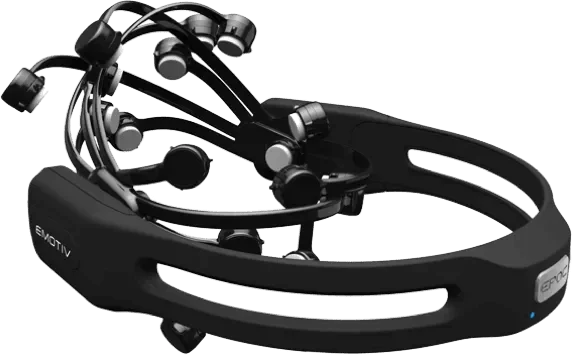
We collaborated with EMOTIV, a market-leading neurotech company with expertise in EEG technology. ASICS also brought on Dr. Brendon Stubbs, an expert in mental health and leading exercise researcher from King’s College London, to consult and analyse the project.
“Our preliminary research findings outline the profound impact that something as simple as a 20-minute run can have on our minds. With exercise playing such a valuable role in the maintaining of our mental health & wellbeing, it is more important than ever that people can see and understand the positive link between the two”.
– Dr. Brendon Stubbs
Want to explore the possibilities of new technologies? Get in touch to explore ideas.
Working with EMOTIV we
were able to track the following
VALENCE
Is the degree of attraction or aversion to the current stimuli, environment or activity..
EXCITEMENT
The activation of the sympathetic nervous system (pupil dilation, heart rate etc)
RELAXATION
Is a measure of an ability to switch off and recover from intense concentration.
COGNITIVE STRESS
Refers to the emotional and physiological response to uncontrollable or unpredictable situations.
FRUSTRATION
This is a measure of an individual’s frustration towards their current task.
Focus
Focus measures the depth of attention as well as the frequency that attention switches between tasks.
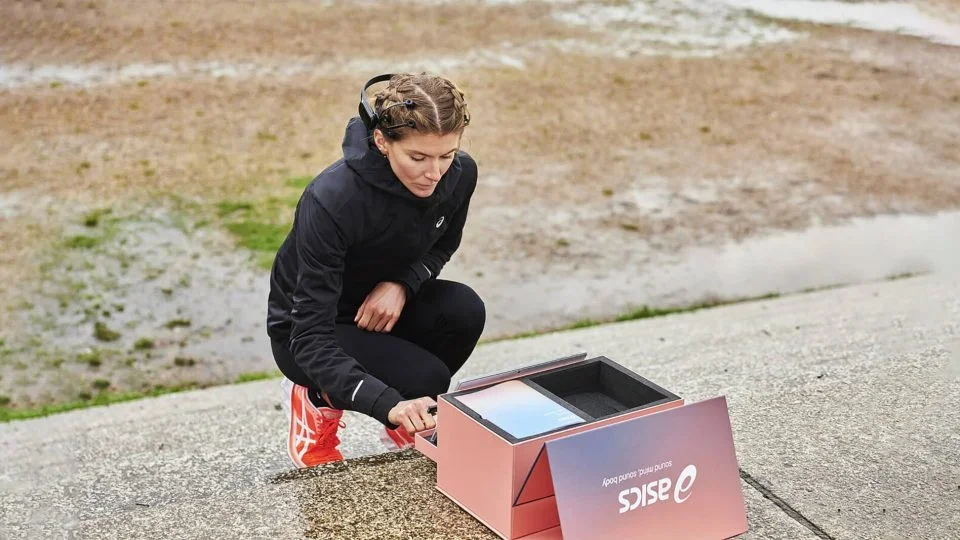
Tested by 42 athletes
The study measured a series of brain pathways known to influence the emotional and cognitive elements of mental wellbeing. Using highly accurate mind data captured via EMOTIV’s EEG headsets, in combination with self-reported data, the study was rolled out across a sample of 42 elite and everyday athletes.
Each user was then provided their own summary report deep-diving into how their cognitive and emotional metrics have changed in real-time. The graph displayed a composite measure from both pre and post-exercise readings, highlighting objectively the key brain pathways that have changed most significantly following exercise.
Furthermore, we also captured a live EEG snapshot of each user’s reading, showing the shift in cognitive and emotional metrics post-exercise.
The data says it all. Immediately after completing a 20-minute run, the study found that research participants on average experienced:
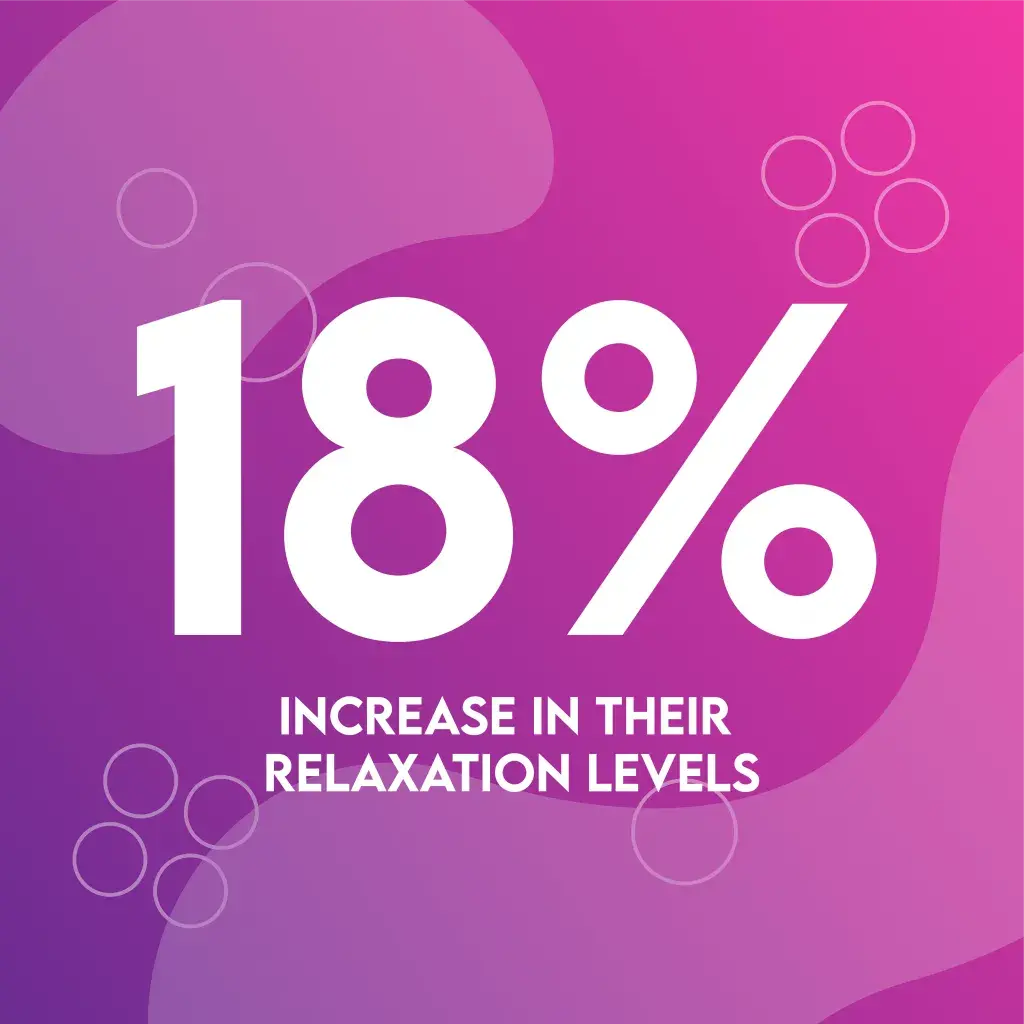
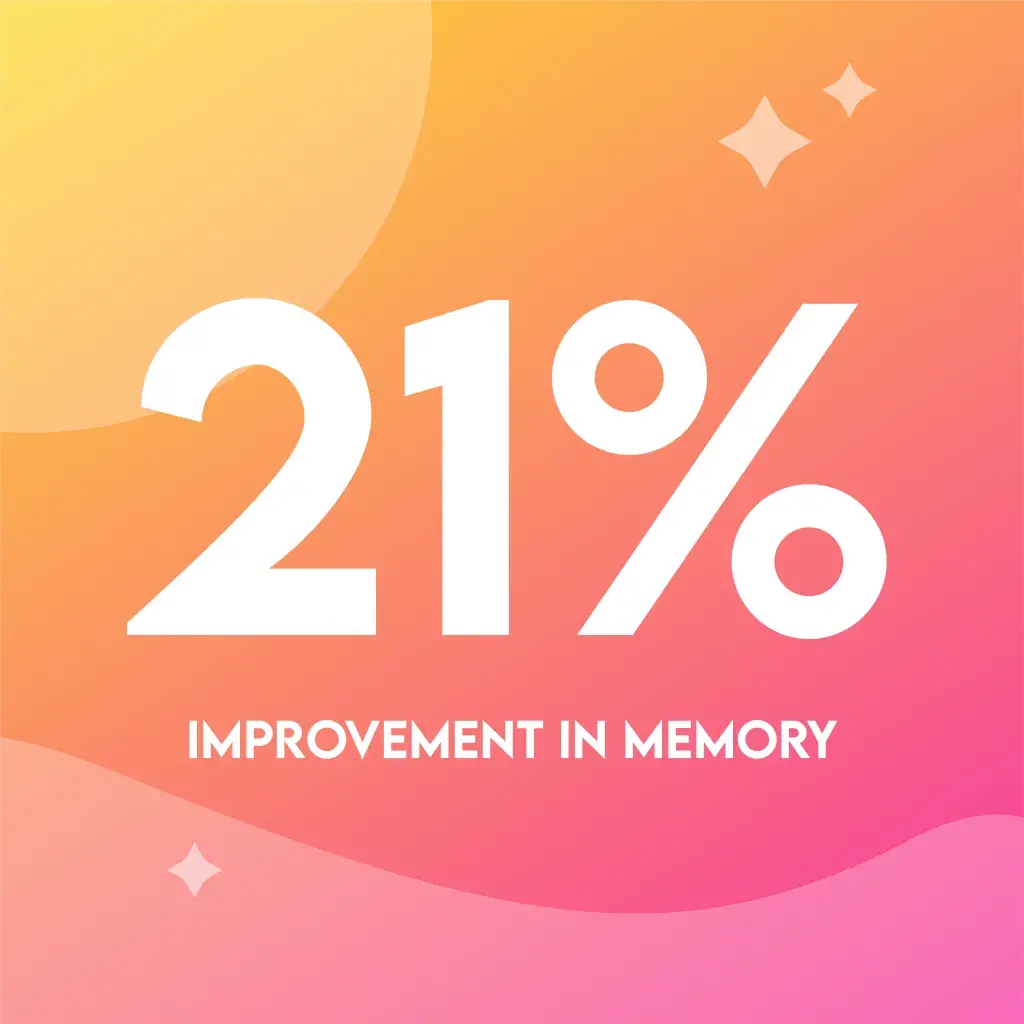
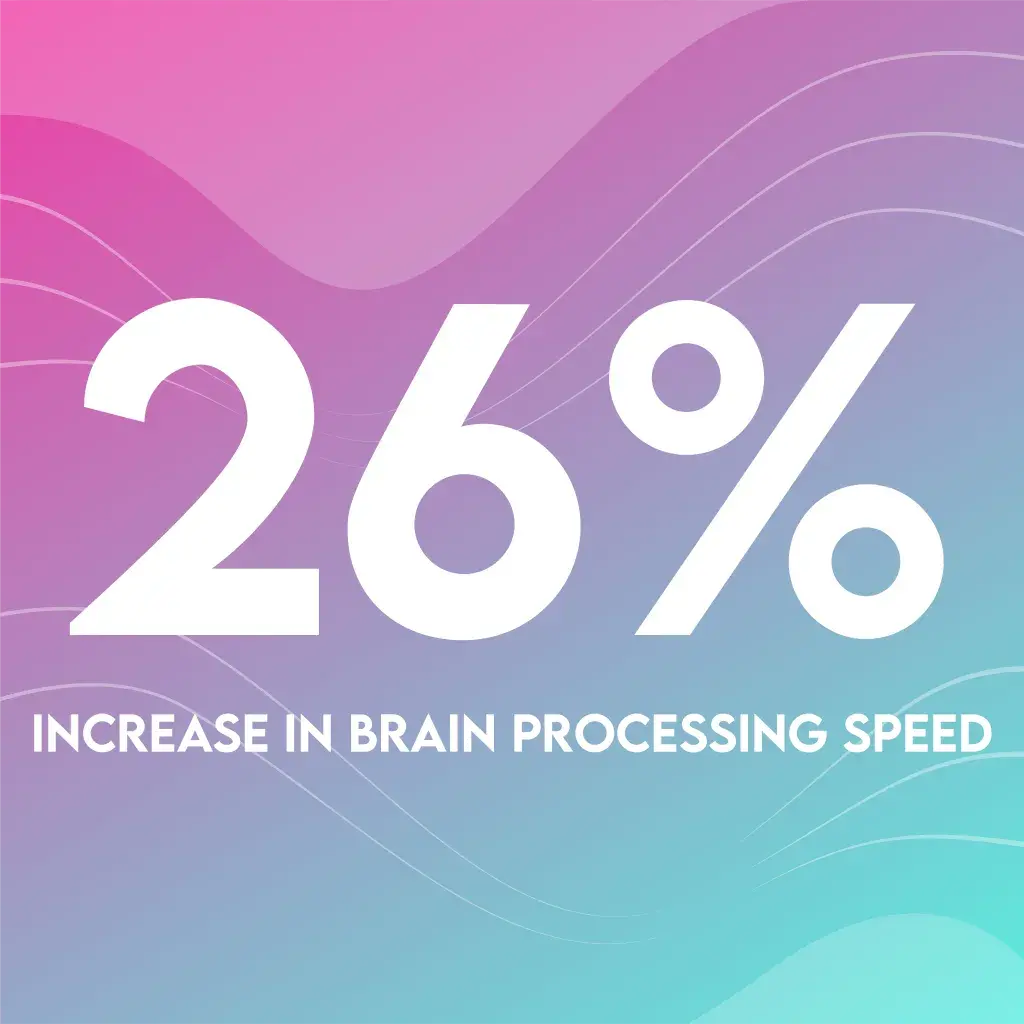
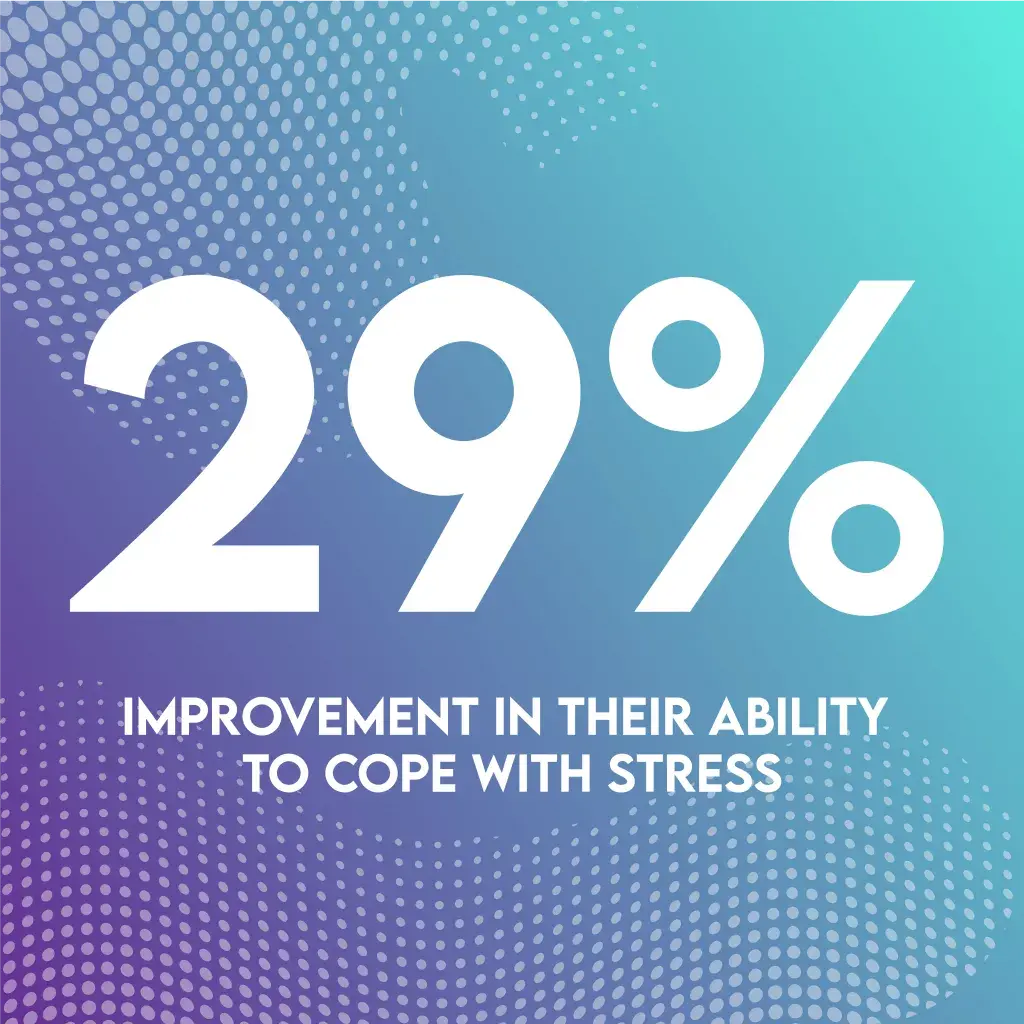
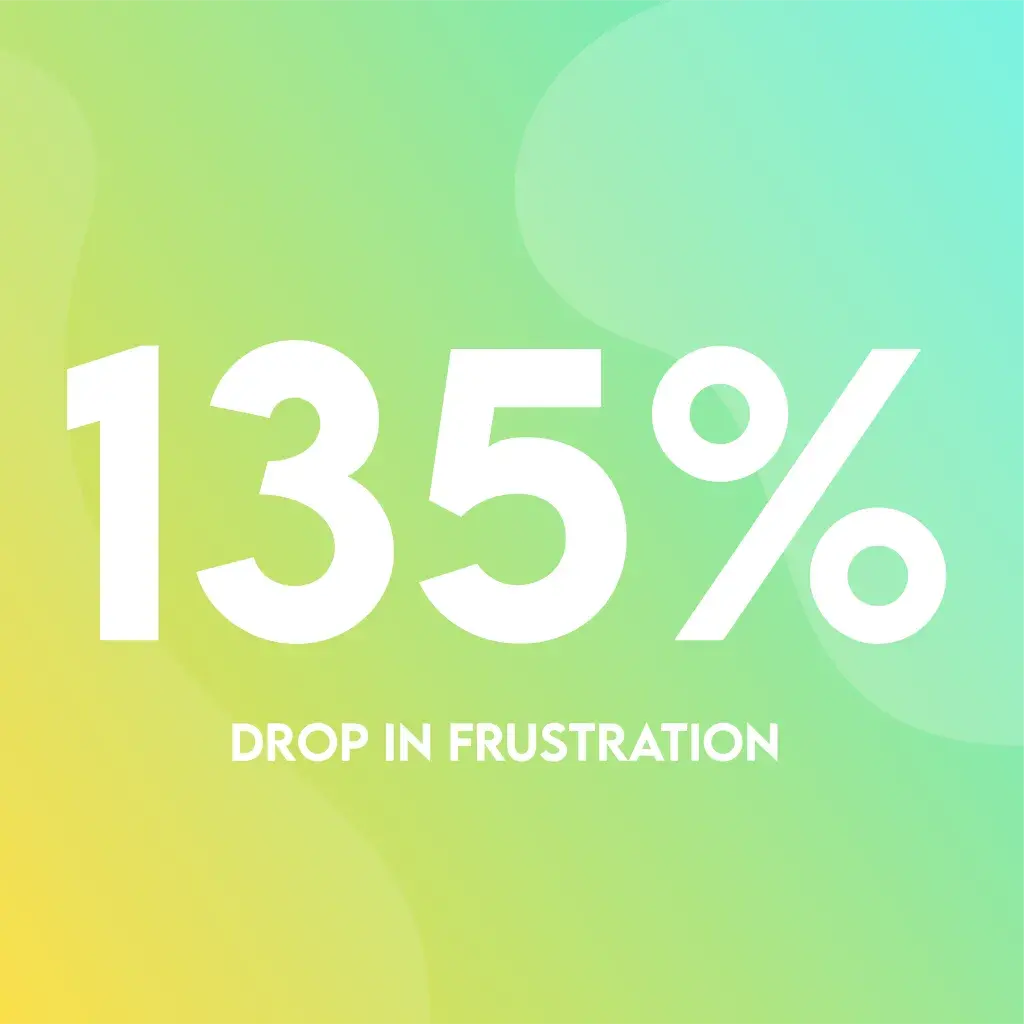
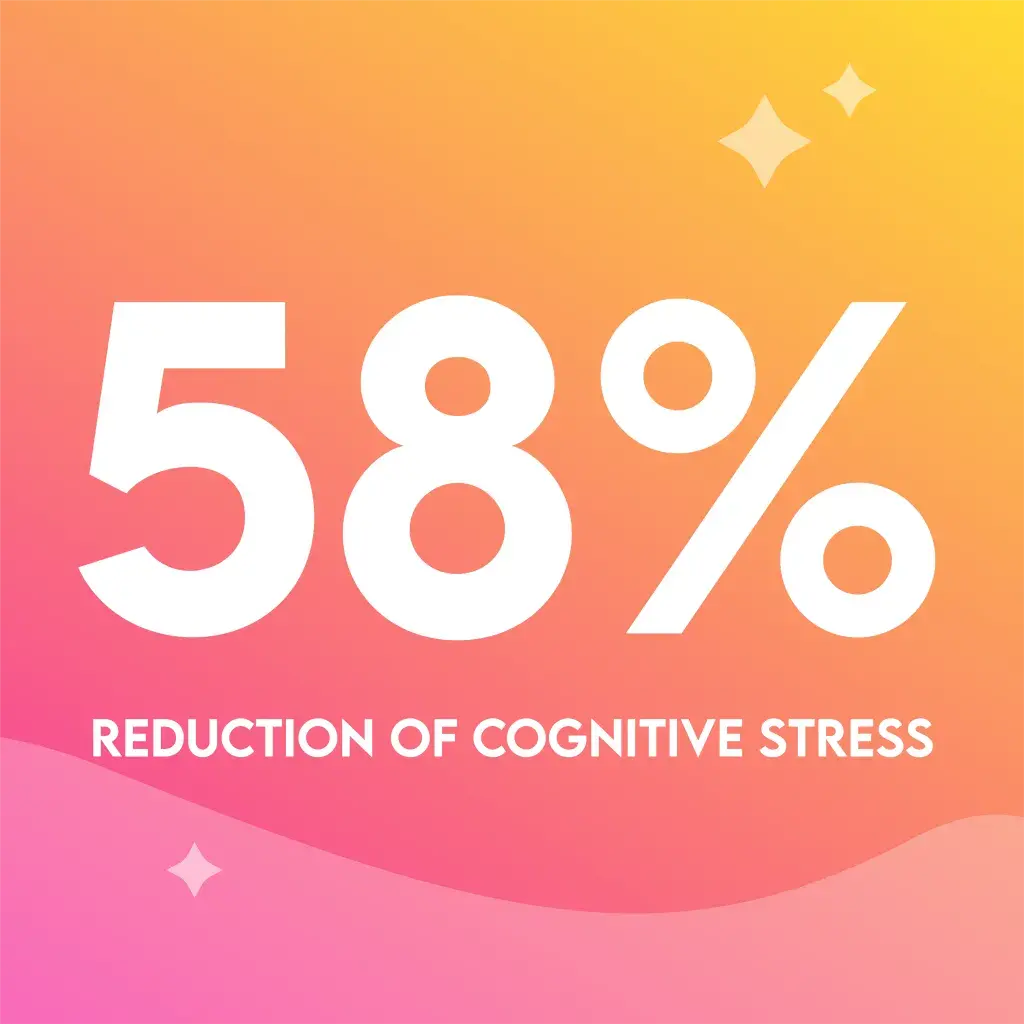
Exciting news – the emotional and cognitive uplifts were greater among the everyday athletes than among the elite ones. ASICS are continuing the experiment with both everyday and elite athletes. Starting with a global research study #MindUplift, see more on this stage of the experience here.
Seen something you like and wish to find out more? Get in touch to explore ideas.




